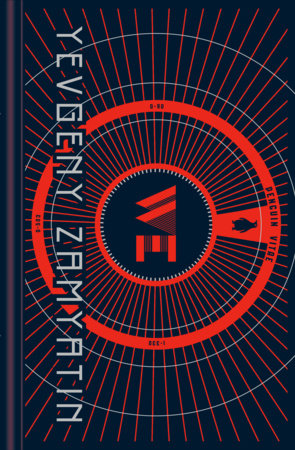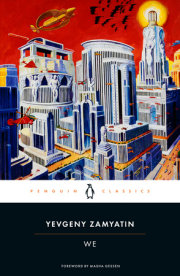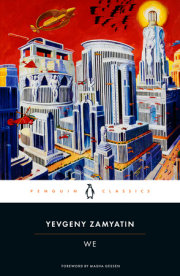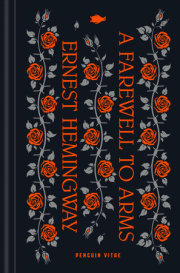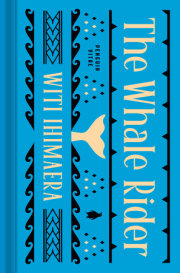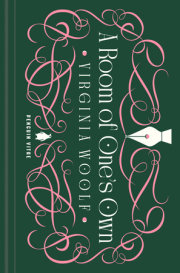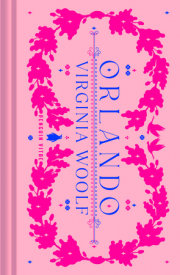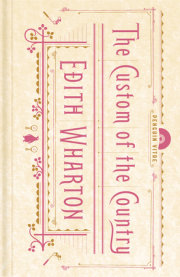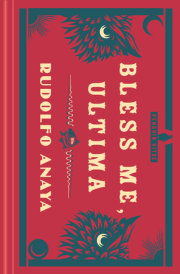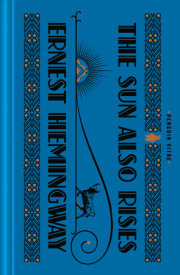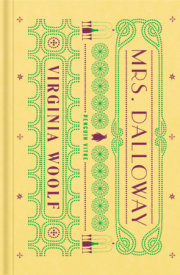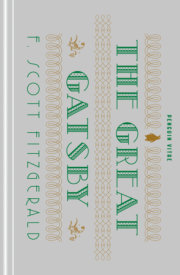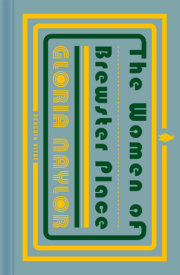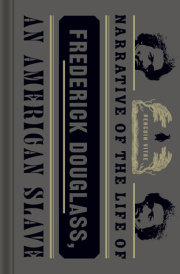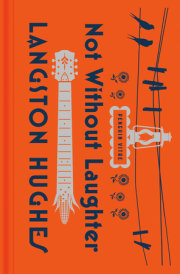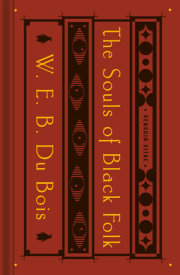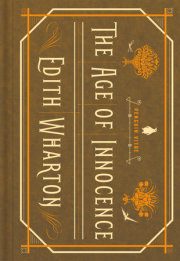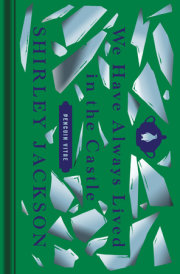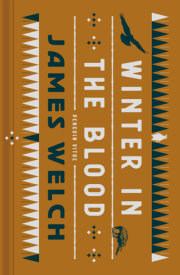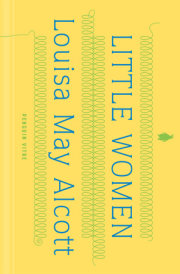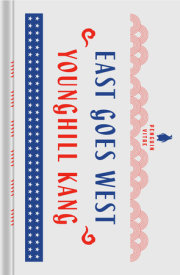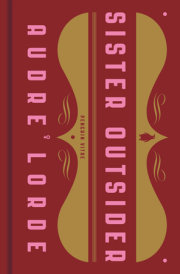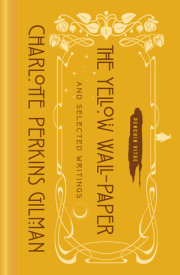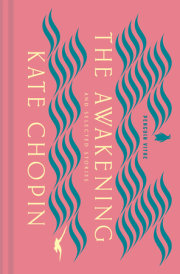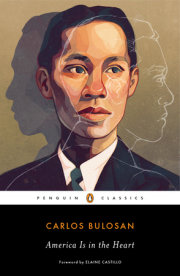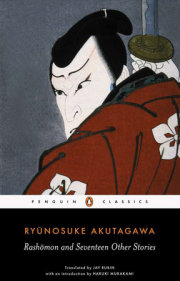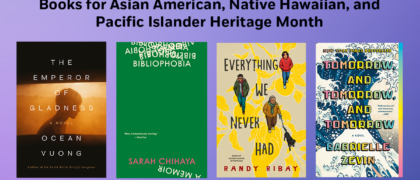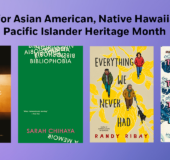We Introduction: Zamyatin and the Rooster
Notes to Introduction
Suggestions for Further Reading
WERecord 1
Announcement
The Wisest of Lines
An Epic Poem
Record 2
Ballet
Harmony Squared
X
Record 3
Jacket
Wall
The Table
Record 4
Savage with Barometer
Epilepsy
If
Record 5
Square
Rulers of the World
Pleasant and Useful Function
Record 6
Accident
Damned "Clear"
24 Hours
Record 7
An Eyelash
Taylor
Henbane and Lily of the Valley
Record 8
The Irrational Root
R-13
Triangle
Record 9
Liturgy
Iambs and Trochees
Cast-Iron Hand
Record 10
Letter
Membrane
Hairy Me
Record 11
No, I Can't...
Skip the Contents
Record 12
Limitation of Infinity
Angel
Reflections on Poetry
Record 13
Fog
Familiar "You"
An Absolutely Inane Occurrence
Record 14
"Mine"
Forbidden
Cold Floor
Record 15
Bell
Mirror-like Sea
My Fate to Burn Forever
Record 16
Yellow
Two-Dimensional Shadow
Incurable Soul
Record 17
Through Glass
I Died
Hallways
Record 18
Logical Labyrinth
Wounds and Plaster
Never Again
Record 19
Third-Order Infinitesimal
A Sullen Glare
Over the Parapet
Record 20
Discharge
Idea Material
Zero Cliff
Record 21
An Author's Duty
Swollen Ice
The Most Difficult Love
Record 22
Frozen Waves
Everything Tends to Perfection
I Am a Microbe
Record 23
Flowers
Dissolution of a Crystal
If Only
Record 24
Limit of Function
Easter
Cross It All Out
Record 25
Descent from Heaven
History's Greatest Catastrophe
End of the Known
Record 26
The World Exists
A Rash
41 Centigrade
Record 27
No Contents - Can't
Record 28
Both Women
Entropy and Energy
Opaque Part of the Body
Record 29
Threads on the Face
Shoots
Unnatural Compression
Record 30
The Final Number
Galileo's Mistake
Wouldn't It Be Better?
Record 31
The Great Operation
I Have Forgiven Everything
A Train Wreck
Record 32
I Do Not Believe
Tractors
The Human Chip
Record 33
(No Time for Contents, Last Note)
Record 34
Those on Leave
A Sunny Night
Radio-Valkyrie
Record 35
In a Hoop
Carrot
Murder
Record 36
Blank Pages
The Christian God
About My Mother
Record 37
Infusorian
Doomsday
Her Room
Record 38
(I Don't Know What Goes Here, Maybe Just: A Cigarette Butt)
Record 39
The End
Record 40
Facts
The Bell
I Am Certain
Translator's Notes

